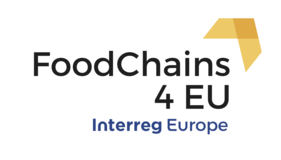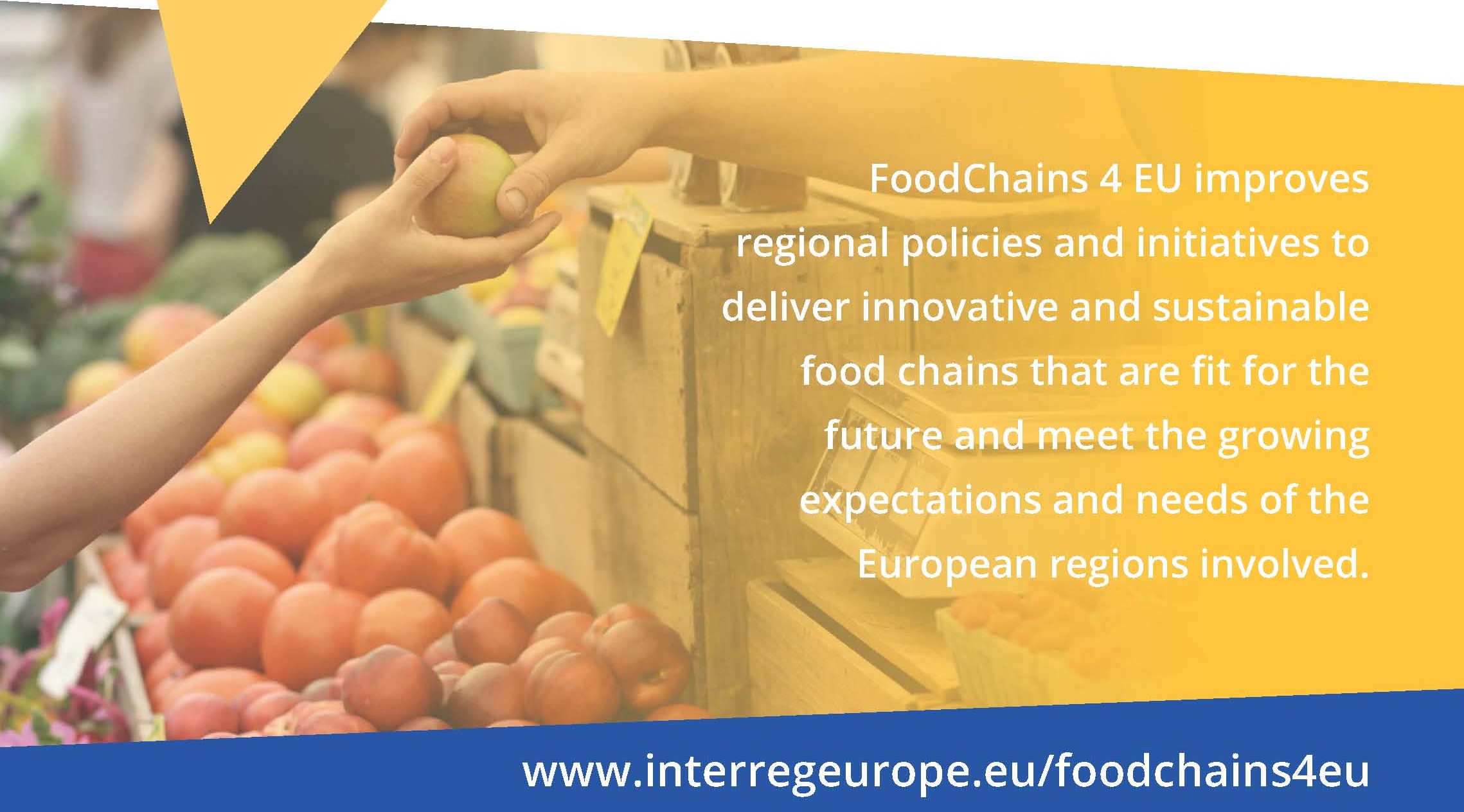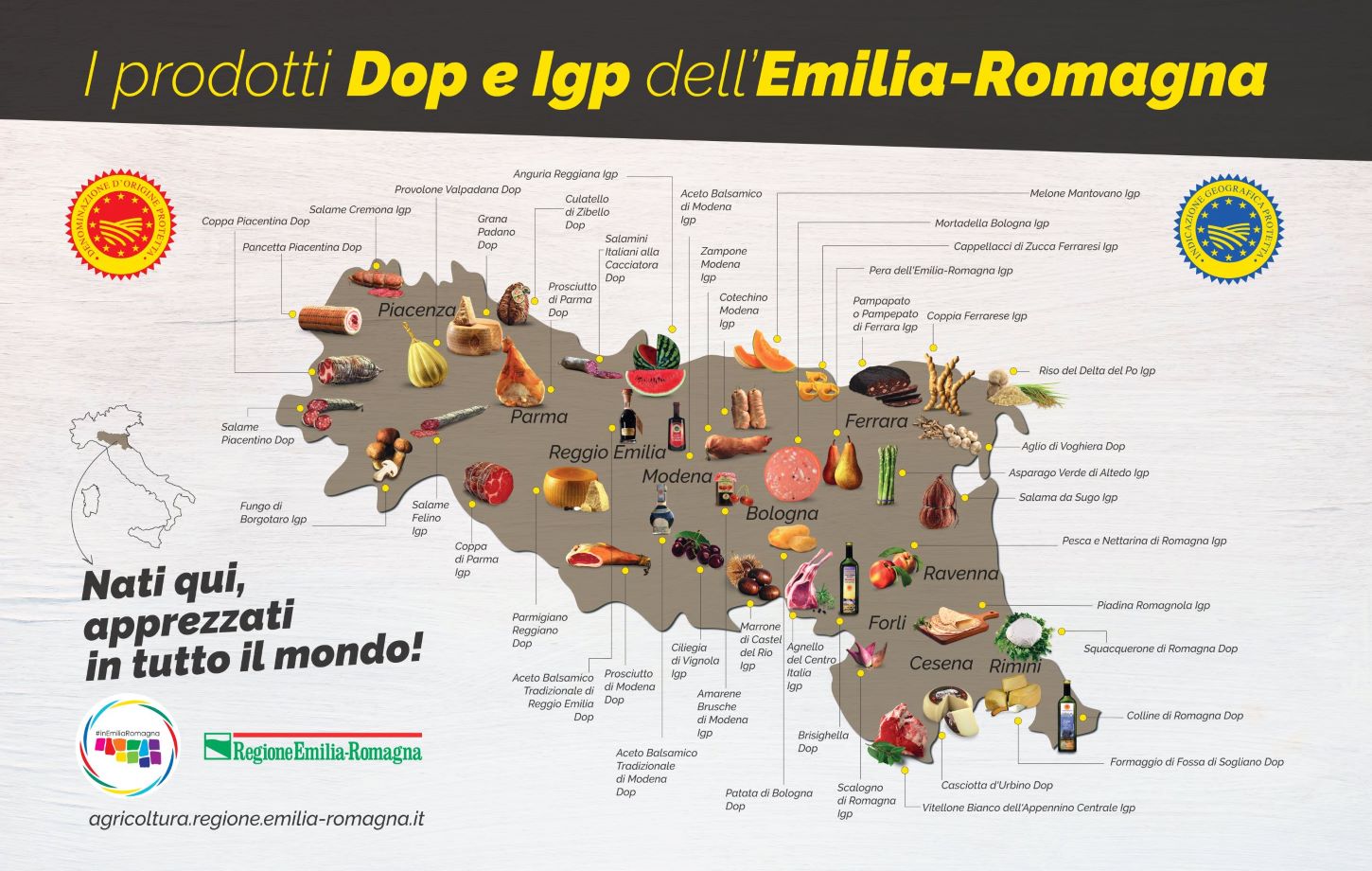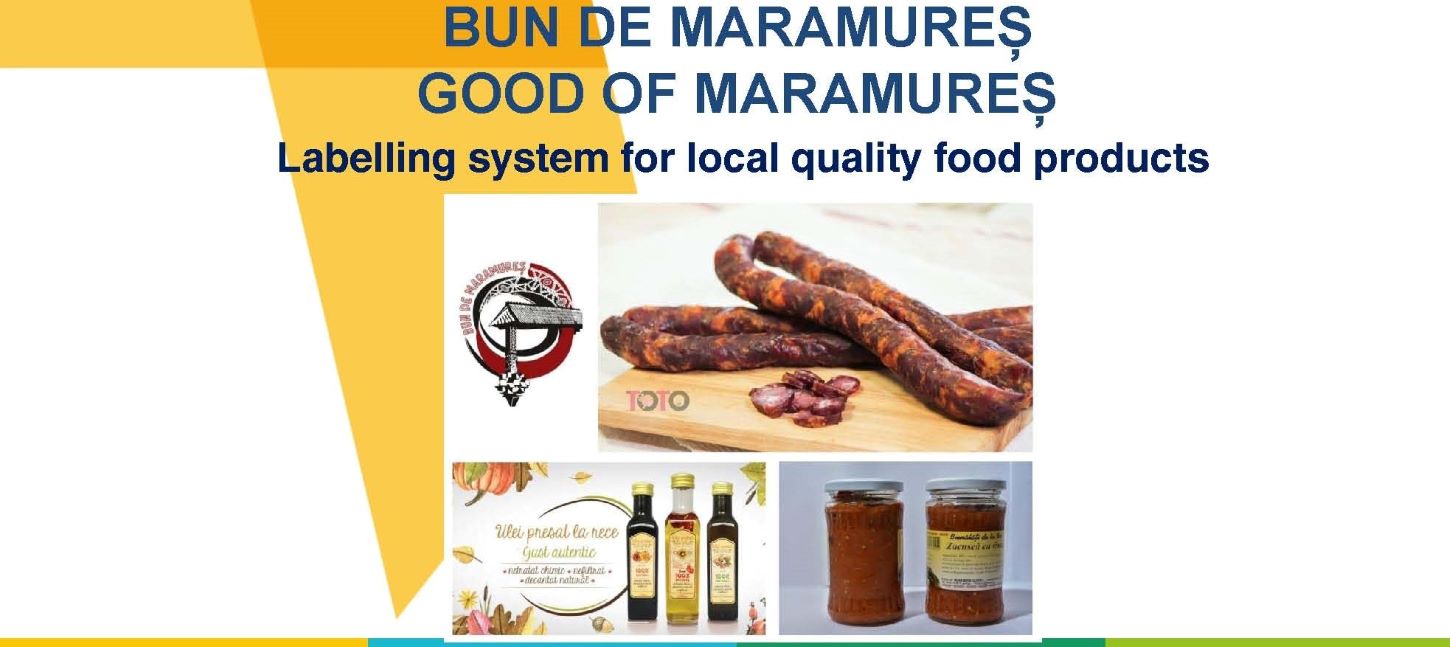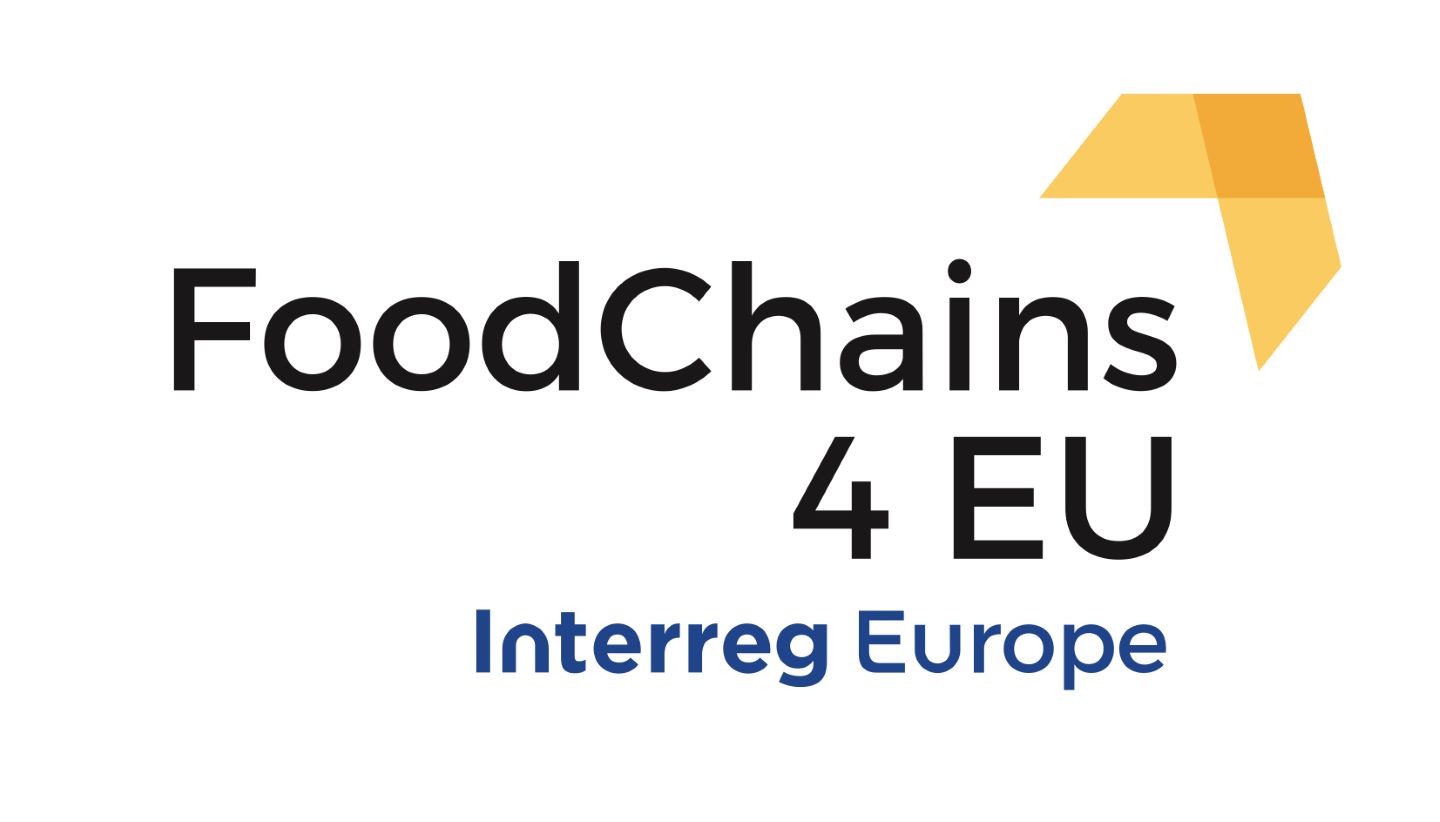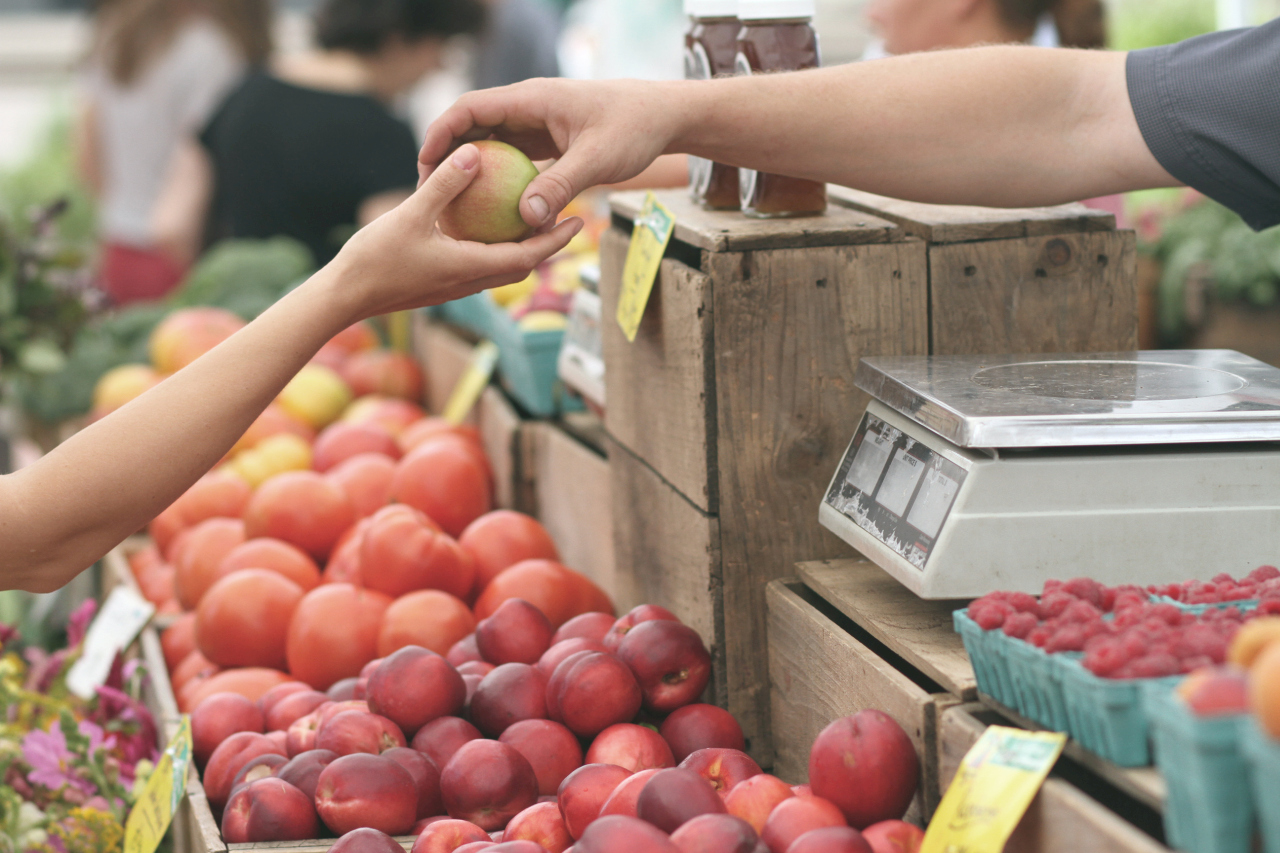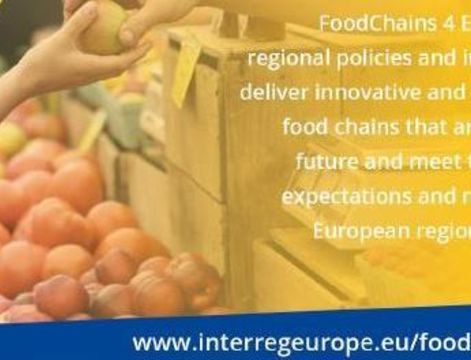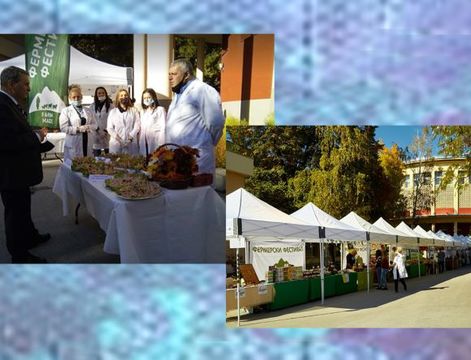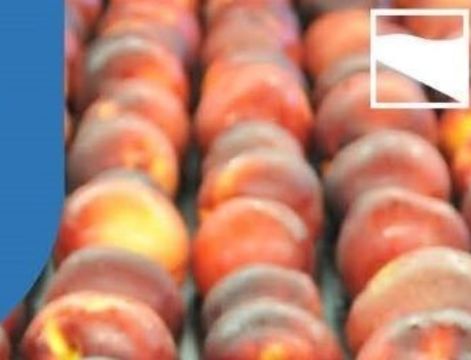On Friday 18 May 2018 senior representatives and politicians of the FoodChains 4 EU project partners met in Varna (Bulgaria) to monitor the progress of the project. The Monitoring Board meeting is organized every semester and during this third meeting, the outcomes of the project activities were in the spotlight.
New cooperation between public authority and stakeholders
In Maramures (Romania) stakeholders and the public authority started a collaboration to promote traditional and regional products following the approach of the Italian region Emilia-Romagna. This collaboration started after Maramures County Council visited Emilia-Romagna during the 2nd Interregional learning event in November 2017. After their visit, the project partner shared their experience with the regional stakeholders. Based on this inspiration, both stakeholders and public authority started to work together to promote traditional and regional partners. Through sharing the example, other project partners were inspired to share good practices and incorporate these in their region.
Inspiring follow-up of the first peer review
The project partner Oldham Metropolitan Borough Council and Councilor Angeliki Stogia from Manchester informed the partnership about the successful follow –up and engagement of their recent peer review. In January 2018, 16 experts of the partner regions visited the Greater Manchester region for a peer review. The experts were visiting over 20 initiatives and gave recommendations for improving the regional approach. After the peer review, these recommendations were used as part of the ‘Food Listening Event’ to help inform the regional Green Charter. And wereincluded in a broader context and reached more then 700 stakeholders at the Green Summit. The project partners shared their experiences and learned lessons for a successful policy influence.
Stronger cooperation between project partners
Besides the value of the project activities on a regional scale, the project partners expressed their appreciation of the interregional cooperation. Based on the close relationships within the FoodChains 4 EU project, the cooperation between the partners has significantly increased. For example, the University of Food Technologies (Bulgaria) and the Aeres University of Applied Science (the Netherlands) strengthened their cooperation. The stronger cooperation between Manchester Metropolitan University (United Kingdom) and the Università Cattolica del Sacro Cuore (Italy) resulted in a student exchange and research about innovative practices for a sustainable food chain.
Conclusions
The project partners look back on a lively, dynamic and interesting 3rd Monitoring Board meeting. All representatives value the focus on cooperation and are eager to strengthen the cooperation to learn from and with each other.
